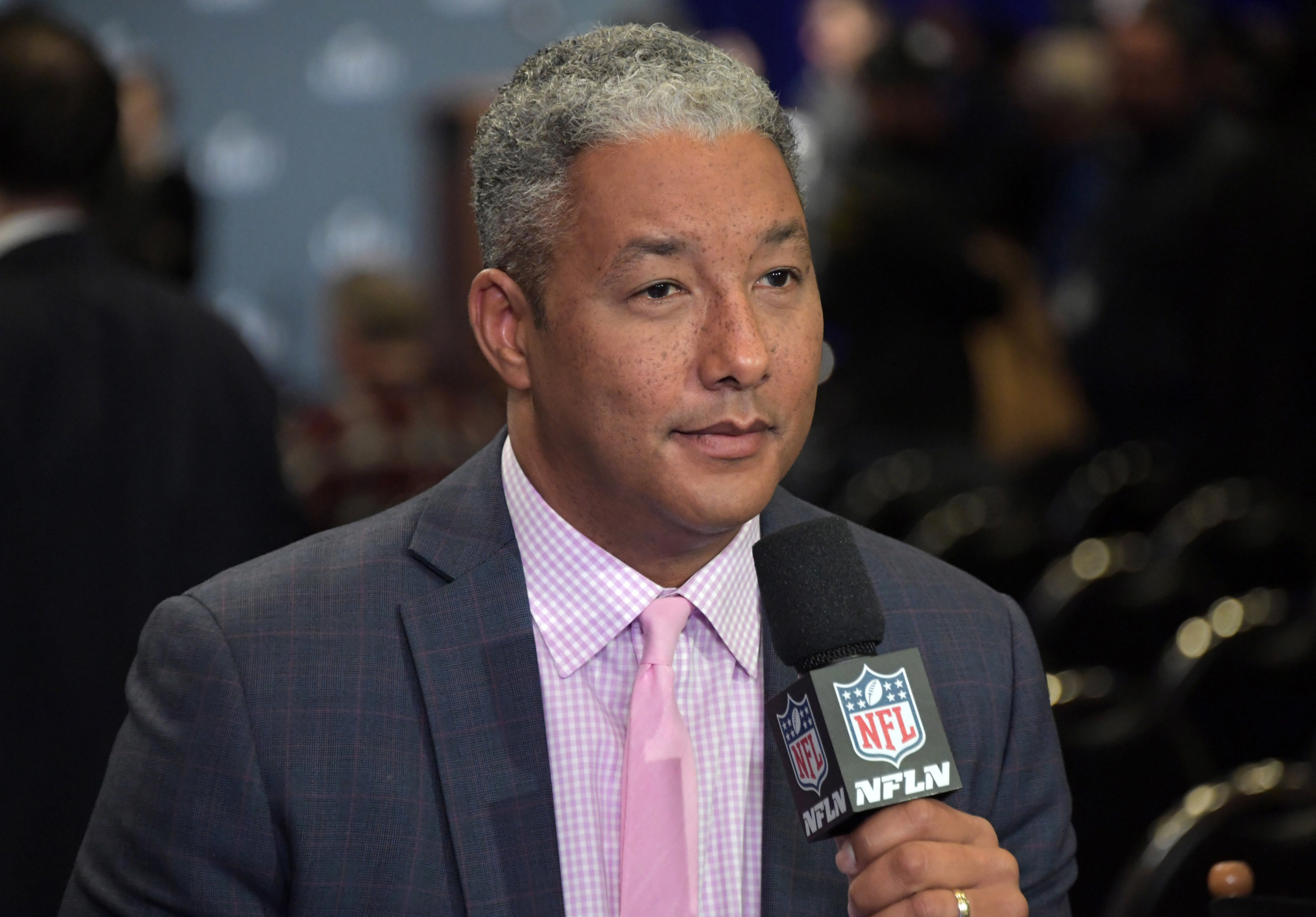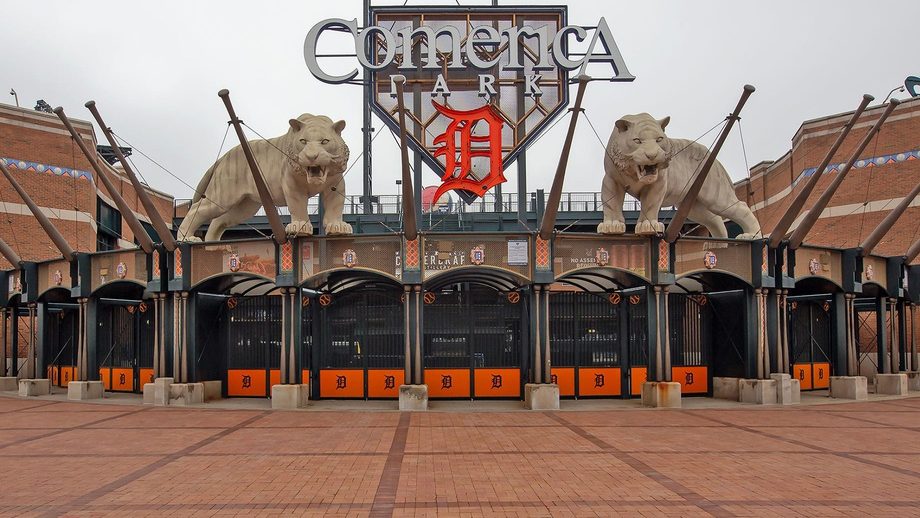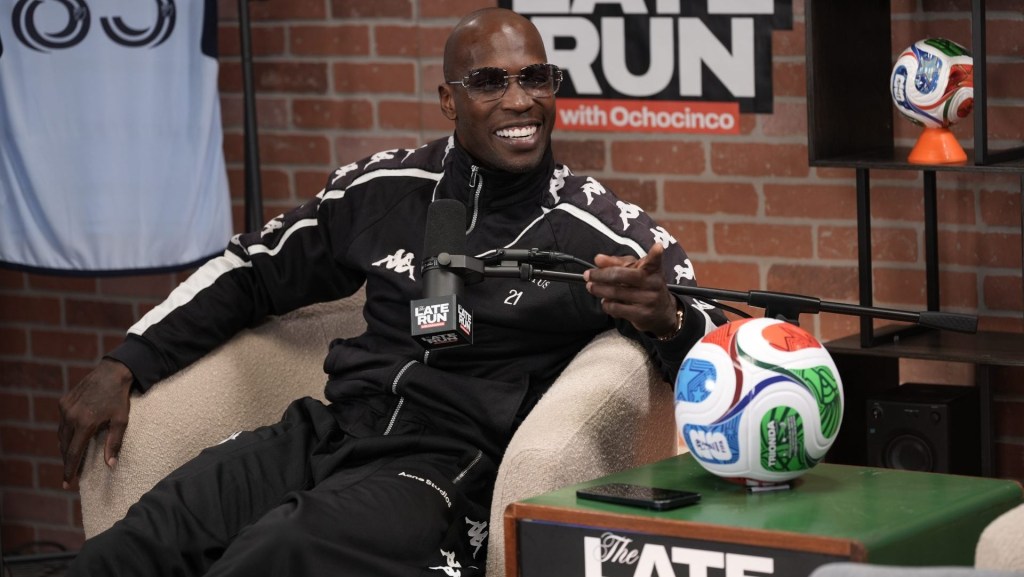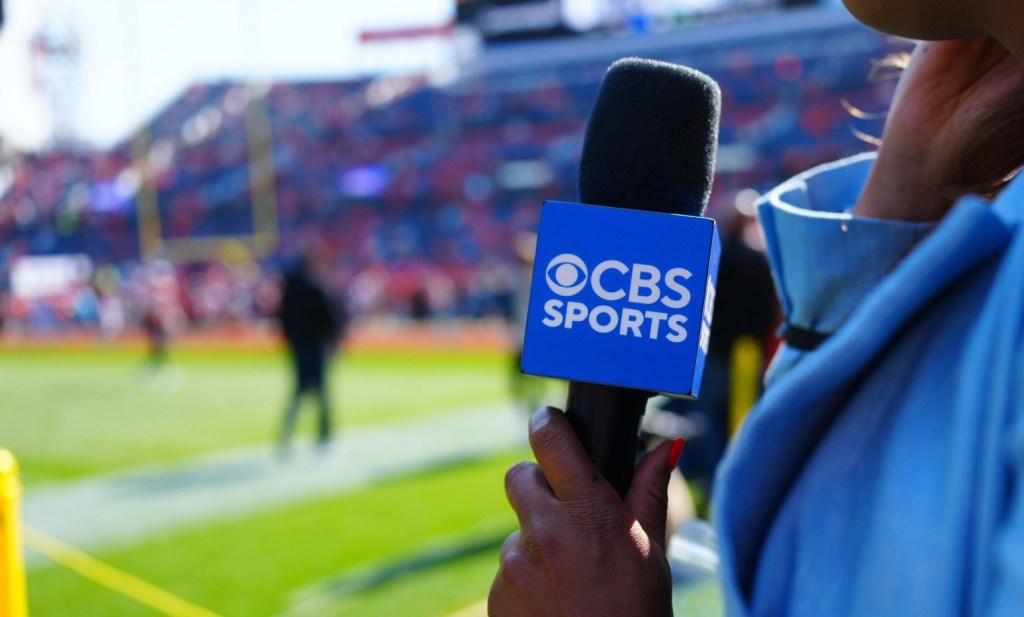During the 2016 pre-season, NFL Network reporter Steve Wyche had a hunch about Colin Kaepernick.
Over the first couple of exhibition games, he’d heard the San Francisco 49ers quarterback had sat on the bench during the presentation of the American flag and playing of the U.S. national anthem.
Wyche noticed the formerly apolitical quarterback was also becoming more outspoken on social media, quoting Civil Rights activists such as Malcolm X and Dr. Martin Luther King and protesting the death of African Americans like Philando Castile at the hands of police officers.
So Wyche personally covered the 49ers third preseason game against the Green Bay Packers at Levi’s Stadium on Aug. 26, 2016. When he saw Kaepernick sit once again, rather than standing at attention during the anthem, Wyche knew he was on to a big story.
Wyche scored a 10-minute one-on-one interview with the then 28-year old quarterback. In Wyche’s NFL.com story headlined “Colin Kaepernick Explains Why He Sat During the National Anthem,” Kapernick declared he would not “stand up to show pride in a flag for a country that oppresses Black people and people of color.”
The rest was history. Wyche’s story on NFL.com went viral. Kaepernick’s protest quickly became debate fodder for sports TV and radio, even working its way into the U.S. presidential election between Donald Trump and Hillary Clinton.
Almost four years later, the debate over whether athletes should take a knee to protest racial injustice is still going. The question now is who won’t be kneeling during the national anthem this year, with everyone from MLB to MLS players taking a knee in recent weeks.
On MLB’s Opening Night, all players from the New York Yankees and Washington Nationals kneeled in unison in the moment of silence following a Black Lives Matter compilation video.
To protest the killing of Breonna Taylor, players from the WNBA’s Phoenix Mercury and Los Angeles Sparks stayed off the floor during the pregame playing of the anthem on July 25.
WNBA stars like Brittney Griner and Brianna Turner have asked their league to stop playing the anthem, period. Players in the NWSL kneeled during the national anthem during the league’s Challenge Cup. MLS is not playing the national anthem before matches in its MLS is Back Tournament, but players have been kneeling in solidarity before kickoff.
According to a new CBS News poll, 58% of Americans now deem kneeling during the national anthem to protest racial discrimination to be an “acceptable” form of protest.
As a journalist, Wyche is proud of a scoop that changed history. But even he didn’t think he’d still be talking about it four years later. “I had no inkling this would have legs. And that he would not have a job ever again,” said the former newspaper reporter turned NFL Network reporter and analyst/studio host.
Kaepernick has been out of the league since 2016. But he inspired dozens of other NFL players to take a knee. In 2017, President Trump lashed out at the NFL during a campaign event, calling on owners to fire “son-of-a-bitch” players who “disrespect” the flag.
Trump’s feud with Kaepernick and the NFL was named the biggest sports story of the year by the Associated Press. The New York Times called Kaepernick the “most polarizing figure” in American sports. “Outside of politics, there may be nobody in popular culture at this complex moment so divisive and so galvanizing, so scorned and so appreciated,” wrote John Branch.
The Kaepernick-inspired player protest also became a financial headache for the NFL, which had long wrapped itself in patriotism and the American flag. Some fans canceled their season tickets and burned their jerseys. Others vowed not to watch NFL games on TV again.
Due partly to the Kaepernick firestorm, the NFL’s average TV viewership fell 8% and 10% during the 2016 and 2017 seasons. But the league rebounded in recent years, growing its TV audience 5% during the 2018 and 2019 seasons. NFL games averaged 16.5 million viewers during the 2019 regular season, finishing with 47 of the Top 50 most-watched TV telecasts.
Wyche disputed the idea that Kaepernick-inspired kneeling players were to blame for the two-year falloff in TV audiences. He believes it had more to do with cord-cutting, the smothering media coverage of Trump’s presidential victory, and a shifting TV landscape.
“If you look at all the statistics of broadcast television, that was due to the advent of more people going to YouTube and their mobile devices. Everything took a hit. The political coverage also ate up a lot of the sports bandwidth,” Wyche said. “But this time, people are so hungry for sports. We haven’t had any sports. I don’t think ratings are going to take a hit at all. Especially since stadiums are likely to be a quarter full at best.”
Just as importantly, he noted, the NFL doesn’t seem concerned protesting players will hurt its bottom line in 2020.
The league will invite players to take a knee on the field for social justice this season, according to sources. As previously reported by Wyche and Jason Reid of ESPN’s The Undefeated, the league is planning to allow players to wear decals on their helmets honoring victims of police brutality such as the late George Floyd in Minneapolis. The NFL is also donating $250 million over a 10-year period to combat systemic racism.
“I don’t think the NFL is worried about that anymore. That’s the biggest change we’ve seen since 2016 when Kap took a knee,” Wyche said. “I think they’re kind of taking the position of NASCAR. We may lose sponsors and lose some fans. But guess what? We will gain different sponsors – and we’ll gain different fans.”
Has Kaepernick been blackballed by the NFL’s 32 teams? That’s a hard question to answer definitively, according to Wyche. But given that Kaepernick nearly led the 49ers to victory at Super Bowl XLVII, and there’s a paucity of winning QBs in the league, it’s a safe bet some billionaire owners would rather lose with somebody else than win with Kaepernick.
“Was there a uniform decision to not hire him? I can’t judge if that’s the case. But I think you can judge by the fact that no team has stepped up,” Wyche said. “I think that kind of gives you an answer.”
During that interview four years ago, Kaepernick said he fully expected a backlash from his team and his endorsers. Even though recent events such as Floyd’s death make Kaepernick look prescient, Wyche doesn’t think the now 32-year old Kaepernick is patting himself on the back. “I don’t think he’s taken any kind of victory lap. Because there’s still unarmed people of color being killed by law enforcement. I think he feels there’s still a lot of work to be done,” he said.
Kaepernick started a worldwide “movement,” crisis public relations expert Mike Paul said. To complete the story, NFL Commissioner Roger Goodell should sit down and talk to him man-to-man, face-to-face.
Then the commissioner should call every owner in the NFL and ask them to give Kaepernick a tryout. “Give Kap the shot he deserves,” Paul said.







![[Subscription Customers Only] Jun 15, 2025; Seattle, Washington, USA; Botafogo owner John Textor inside the stadium before the match during a group stage match of the 2025 FIFA Club World Cup at Lumen Field.](https://frontofficesports.com/wp-content/uploads/2026/02/USATSI_26465842_168416386_lowres-scaled.jpg?quality=100&w=1024)
![[Subscription Customers Only] Jul 13, 2025; East Rutherford, New Jersey, USA; Chelsea FC midfielder Cole Palmer (10) celebrates winning the final of the 2025 FIFA Club World Cup at MetLife Stadium](https://frontofficesports.com/wp-content/uploads/2026/02/USATSI_26636703-scaled-e1770932227605.jpg?quality=100&w=1024)








